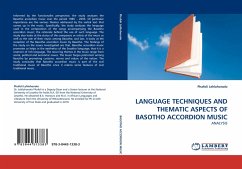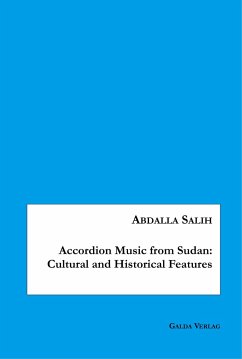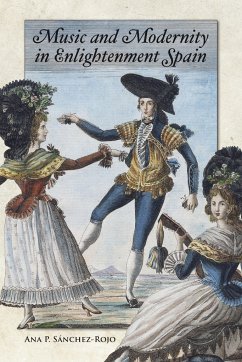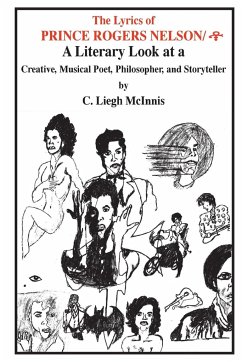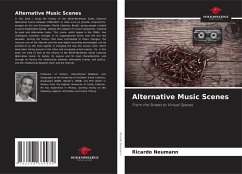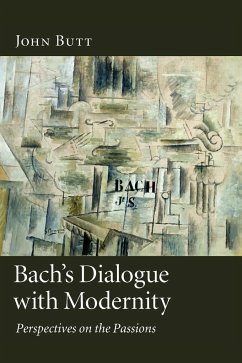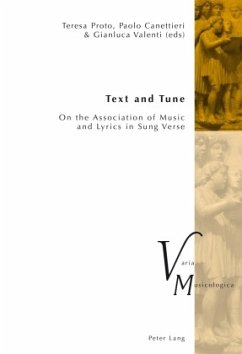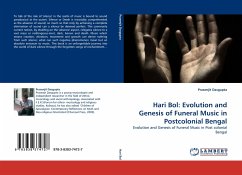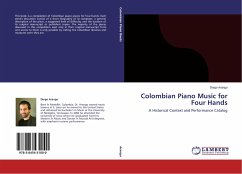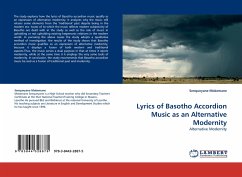
Lyrics of Basotho Accordion Music as an Alternative Modernity
Alternative Modernity
Versandkostenfrei!
Versandfertig in 6-10 Tagen
32,99 €
inkl. MwSt.

PAYBACK Punkte
16 °P sammeln!
The study explores how the lyrics of Basotho accordion music qualify as an expression of alternative modernity. It analyzes why the music still retains some elements from the 'traditional' past despite being in the modern era. Issues of to which the music reflects modern subjectivity of Basotho are dealt with in the study as well as the role of music in upholding or not upholding existing hegemonic relations in the modern world. In pursuing the above issues the study adopts a qualitative method of investigation. the results of the study shows that Basotho accordion music qualifies as an expres...
The study explores how the lyrics of Basotho accordion music qualify as an expression of alternative modernity. It analyzes why the music still retains some elements from the 'traditional' past despite being in the modern era. Issues of to which the music reflects modern subjectivity of Basotho are dealt with in the study as well as the role of music in upholding or not upholding existing hegemonic relations in the modern world. In pursuing the above issues the study adopts a qualitative method of investigation. the results of the study shows that Basotho accordion music qualifies as an expression of alternative modernity, because it displays a fusion of both western and traditional aspects.Thus, the music serves a dual purpose in that at times it rejects modernity, while at the same time it it employs the very same tools of modernity. In conclusion, the study recommends that Basotho accordion music be vied as a fusion of traditional past and modernity.



